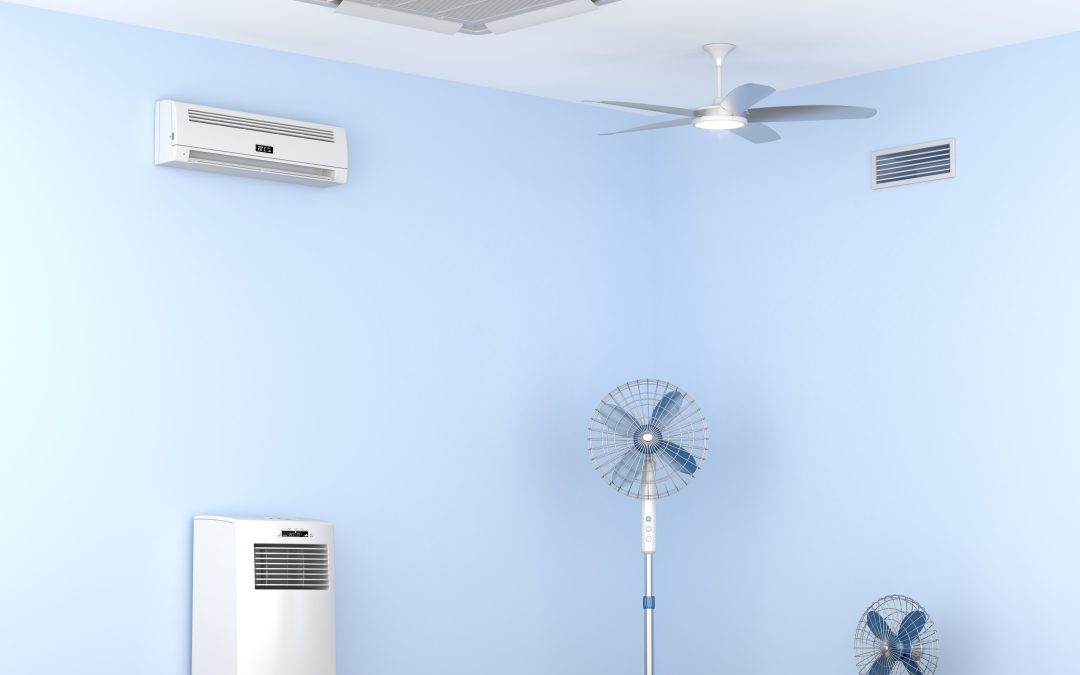As Washington, DC swelters under intense summer heat, The growing demand for air conditioning in Washington DC is skyrocketing. This surge isn’t just a seasonal trend but a response to a series of extreme heat waves that have enveloped the nation, placing over 150 million Americans under heat alerts recently. The air conditioning industry is thriving as homeowners and businesses rush to maintain cool environments amidst rising temperatures. The situation is compounded by the fact that many AC units installed post-2008 financial crisis are now reaching the end of their lifespan, necessitating replacements. Experts predict that from now until 2050, approximately ten new AC units will be sold every second, highlighting the industry’s booming growth.
Financial Gains in the Cooling Industry
The financial performance of major air conditioning companies mirrors this increased demand. Trane, a leading player in the HVAC sector, recently raised its annual outlook following strong growth reports, with its shares up by 40% year-to-date. Other competitors, including Lennox, Carrier, and Aaon, have also seen substantial gains, outperforming the S&P 500, which itself has risen by 16% during the same period. This trend indicates that the business of keeping cool is not just a necessity but a lucrative endeavor.
The Role of AI in HVAC Growth
The integration of artificial intelligence (AI) is also driving the growth of the HVAC industry. AI technology is crucial for managing the cooling needs of energy-intensive data centers, which must operate at optimal temperatures. The global market for cooling data centers is projected to reach nearly $30 billion by the end of the decade. This intersection of technology and traditional HVAC services is creating new revenue streams and enhancing the industry’s overall growth trajectory.
The Cost of Staying Cool with the Growing Demand for Air Conditioning in Washington DC
However, maintaining a cool environment comes at a significant cost. Air conditioning requires substantial power, contributing to soaring energy bills. This summer, the average American household’s electric bill is expected to hit a 10-year high of $720 between June and September. Nearly 80% of adults in the US are concerned about rising energy costs, with many resorting to credit cards, loans, or payment plans to cover their bills. As the Environmental Protection Agency (EPA) implements new sustainability regulations for the HVAC industry, these costs could rise further. Notably, air conditioning accounts for about 4% of global greenhouse gas emissions, adding an environmental dimension to the financial burden.
The Persistent Threat of High Temperatures
The trend of rising temperatures shows no signs of abating. July witnessed the highest global temperatures on record, a stark reminder of the escalating climate crisis. In the US alone, extreme heat was linked to over 11,000 deaths last year. As the planet warms, more individuals will seek relief from the heat, driving up the demand for air conditioning. This increased usage, however, will lead to higher emissions, creating a vicious cycle of heat and energy consumption.
A Sustainable Solution: Residential Solar Energy
In light of these challenges, residential solar energy emerges as a viable solution to mitigate the financial and environmental impact of rising temperatures. Solar energy offers a sustainable alternative that can significantly reduce the dependence on traditional power sources for cooling needs. By harnessing the sun’s power, homeowners can lower their electricity bills and decrease their carbon footprint. Solar panels, once installed, provide a renewable source of energy that can power air conditioning units and other household needs, offering long-term economic and environmental benefits.
The escalating demand for air conditioning in Washington, DC, reflects a broader national trend driven by rising temperatures and aging HVAC systems. While the industry is experiencing significant financial growth, the cost of cooling homes and businesses remains a concern for many. The growing demand for air conditioning in Washington DC is increasing day by day. The integration of AI and advancements in cooling technology offer promising avenues for growth, but they also come with environmental challenges. As extreme heat becomes a more common occurrence, adopting sustainable solutions like residential solar energy will be crucial in addressing both economic and ecological concerns. By investing in solar power, residents can enjoy the comfort of a cool home while contributing to a greener, more sustainable future.


Recent Comments